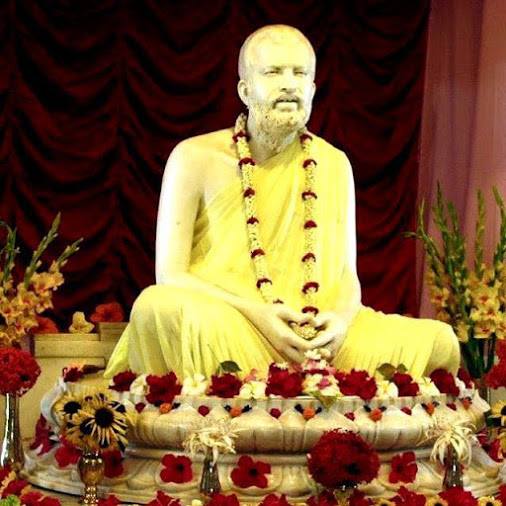Transitional Issues in the Move from Separate Judicial Process to Centralised Judicial Process in the State : Sri Aurobindo.
08/11/2018
The king, sovereign, monarch, chief executive of the State assumed powers primarily initially in external affairs, including military and international relations and only later, in the consolidation of power, began to bring together the various economic, legislative and judicial powers internal to the State. The judicial power previously tended to be diffused in local or even ad hoc bodies, where citizens or leaders within smaller sub-units of the State, such as clans or tribes, would for a judicial council or act as the key decision-maker for judicial needs. This inevitably caused judicial process to be localized and diverse in its application within the larger nation. Eventually, the drive towards centralisation, however, brings the executive power to look at how to consolidate and make uniform the judicial functions.
Sri Aurobindo observes: “Human societies, therefore, in their earlier development retained for a long time an aspect of great complexity in their judicial administration and neither possessed nor felt any need of a uniformity of jurisdiction or of a centralised unity in the source of judicial authority. But as the State idea develops, this unity and uniformity must arrive. It accomplishes itself at first by the gathering up of all these various jurisdictions with the king as at once the source of their sanctions and a high court of appeal and the possessor of original powers, which are exercised sometimes as in ancient India by judicial process but sometimes in more autocratic polities by ukase — the latter especially on the criminal side, in the awarding of punishments and more particularly punishments for offences against the person of the king or the authority of the State.”
There is a resistance to this assumption of power by the secular power of the centralised State that arises in those societies that have a strong adherence to religious traditions and where those traditions have proliferated laws, rules and codes of their own. “Where the religious sense maintains its predominance, a solution is found by the association of Brahmin jurists with the king or with the judge appointed by him in every State tribunal and by maintenance of the supreme authority of the Pandits or Ulemas in all moot judicial questions. Where, as in Europe, the political instinct is stronger than the religious, the ecclesiastical jurisdiction comes in time to be subordinated to the State’s and finally disappears.”
***





Comments
Post a Comment